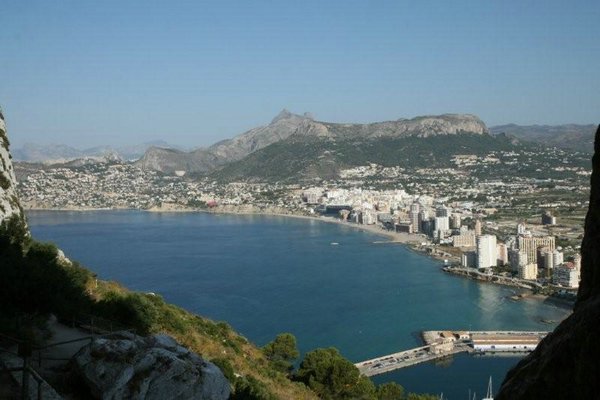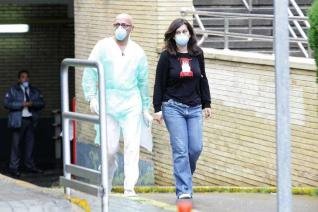Santander Bank results looking healthy
Santander bank defies economic crisis and says it will continue to make a profit
Yesterday the Chief Executive Officer of Santander bank, Alfredo Sáenz, said that the bank was hoping to make the same level of profits as 2008 when it made profits of 8,876 million euros, practically the same amount as in 2007. Following this announcement Santander shares rose by 6.10% and the bank topped the 35 companies on the Ibex index.
The Santander group made a net profit of 2,096 million euros in the first quarter of 2009 which is 5% less than in the same period in 2008. This was partly due to loan defaulters and the weakness of the dollar and pound compared to the euro. Following the acquisition of foreign banks benefits per share fell by 20%. These acquisitions have also meant that the number of Santander’s shareholders has risen by 40% to 3.2 million euros.
According to Sáenz, said there were no secrets to Santander’s success. He said that Spain only contributed 28% of the bank’s profits and also pointed out that Santander’s acquisitions in the UK were fundamental to results. He also said that profit margins were rising thanks to the rise in the price of money and the reduction of costs.
Sáenz was also optimistic with regards to the level of loan defaulting in Spain which was forecast in January. He said that the bank had predicted a level of defaulting of around 4.5% but that the level of defaulting was now 3.14%.
Following Santander’s acquisitions in the UK, Brazil and the US Sáenz confirmed that the bank was not thinking of carrying out any more takeovers either in Europe or elsewhere and that this year it was not looking to increase its capital. He said that Santander had a capital of 7.3% which had fallen slightly following the acquisition of Sovereign but that the bank generated 0.2% every quarter.
Sáenz also said that Santander would not change its policy of dividends and would maintain a pay out of 50% of its profits which would be distributed to shareholders in reference to the banks rival BBVA which has distributed part of its shareholder dividends in the form of shares
The five largest Banks in Spain - Santander, BBVA, La Caixa, Caja Madrid and Popular made profits of 4,482 million euros in the first quarter of 2009 which is 17.89% less than a year ago. The main reason for this has been the provisions made for arrears.
Yesterday the Chief Executive Officer of Santander bank, Alfredo Sáenz, said that the bank was hoping to make the same level of profits as 2008 when it made profits of 8,876 million euros, practically the same amount as in 2007. Following this announcement Santander shares rose by 6.10% and the bank topped the 35 companies on the Ibex index.
The Santander group made a net profit of 2,096 million euros in the first quarter of 2009 which is 5% less than in the same period in 2008. This was partly due to loan defaulters and the weakness of the dollar and pound compared to the euro. Following the acquisition of foreign banks benefits per share fell by 20%. These acquisitions have also meant that the number of Santander’s shareholders has risen by 40% to 3.2 million euros.
According to Sáenz, said there were no secrets to Santander’s success. He said that Spain only contributed 28% of the bank’s profits and also pointed out that Santander’s acquisitions in the UK were fundamental to results. He also said that profit margins were rising thanks to the rise in the price of money and the reduction of costs.
Sáenz was also optimistic with regards to the level of loan defaulting in Spain which was forecast in January. He said that the bank had predicted a level of defaulting of around 4.5% but that the level of defaulting was now 3.14%.
Following Santander’s acquisitions in the UK, Brazil and the US Sáenz confirmed that the bank was not thinking of carrying out any more takeovers either in Europe or elsewhere and that this year it was not looking to increase its capital. He said that Santander had a capital of 7.3% which had fallen slightly following the acquisition of Sovereign but that the bank generated 0.2% every quarter.
Sáenz also said that Santander would not change its policy of dividends and would maintain a pay out of 50% of its profits which would be distributed to shareholders in reference to the banks rival BBVA which has distributed part of its shareholder dividends in the form of shares
The five largest Banks in Spain - Santander, BBVA, La Caixa, Caja Madrid and Popular made profits of 4,482 million euros in the first quarter of 2009 which is 17.89% less than a year ago. The main reason for this has been the provisions made for arrears.





